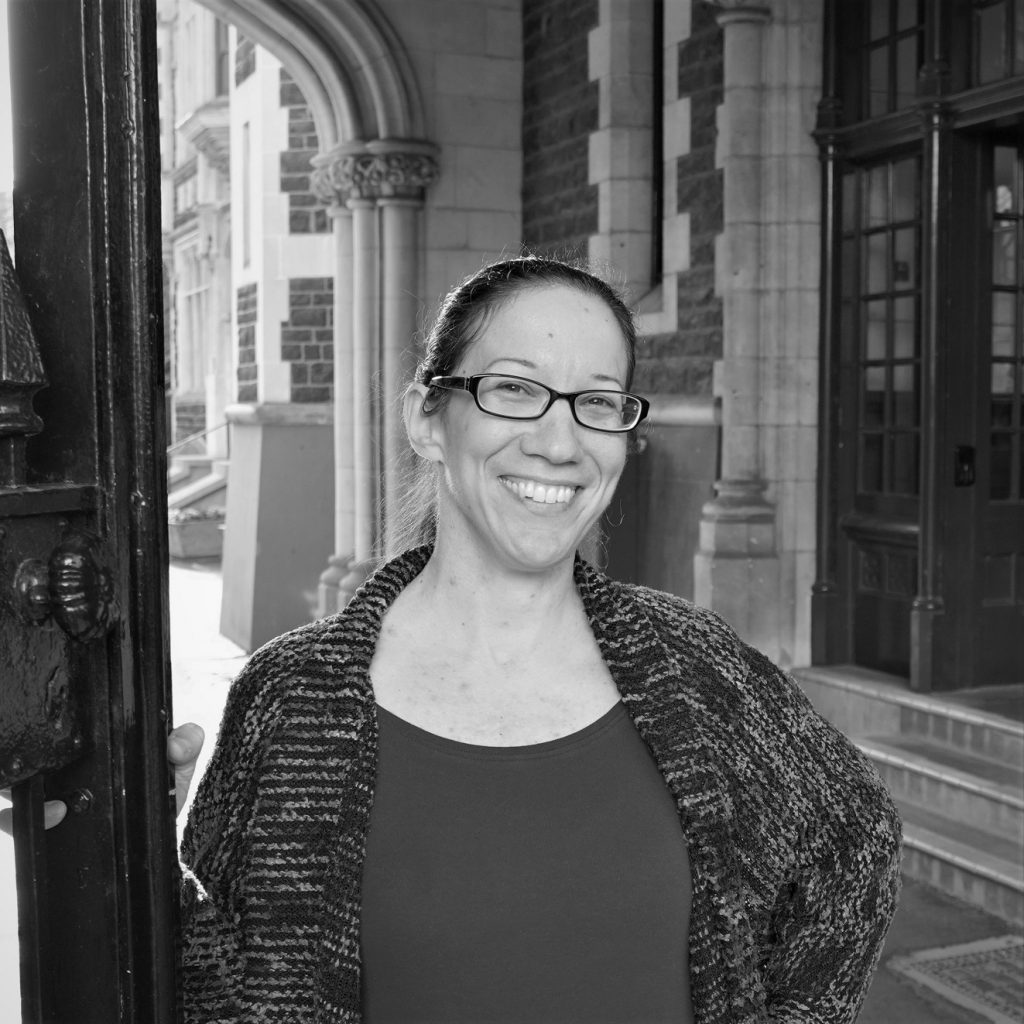Academic Integrity
- Research Themes
- Academic Integrity
Academic Integrity
Our group focuses on investigating the principles, challenges, and impact of academic integrity in educational settings, as well as the factors that are likely to lead to academically honest behaviour. Through empirical studies, literature reviews, and collaborations with stakeholders, we aim to generate evidence-based insights and practical strategies for promoting honesty, fairness, and ethical conduct in academia.

Find out more
Theme Lead/Contact
Dr Lee Adam
Collaborations
Current and Potential Projects
Past/Current Students
Researchers
Research Outputs
Publications
Dr Lee Adam (Theme Lead/Contact)

People and their behaviours interest me. As a social anthropologist specialising in the field of teaching and learning I became aware of the mismatch between expectations of academic integrity outlined in University policy and students’ perceptions of what it meant. Once I started investigating this disjuncture it became more and more fascinating.
I am trying to understand how we can bridge the gap between how academic integrity and misconduct policies are enacted, and students’ understandings of academic integrity. The research and work I do in academic integrity is intended to inform ways we can enhance students’ experiences and outcomes in this area .
I have watched academic integrity move from being framed as a moral panic, to crime and punishment, to an academic literacy requiring an educative approach, and now back to a moral panic with students’ use of contract cheating providers and generative artificial intelligence. We place great importance on assessment, and in particular assessment as an “artifact” – a physical thing we can mark that displays learning. I would like to see universities move away from being places that teach knowledge, to institutions that teach thinking and developing new knowledge. This change would require a massive shift, but knowledge is available for free now so there is no incentive for students to pay a university for it. Such a change would hugely change the nature of assessment, and in particular what we are assessing for; it would change the focus from knowledge as a product/commodity to knowledge as a process. This shift would enable us to ethically use tools such as generative artificial intelligence, thus removing the threat to academic integrity of such tools.
Dr Ana Stojanov

Academic integrity, for me, serves as a microcosm of broader societal ethics and behaviours. It offers an opportunity to examine how individual values, institutional rules, and societal pressures interplay, shaping behaviours that uphold, or fail short of, honesty and fairness. The field’s complexity is deeply interesting to me.
In my research, I am particularly interested in the quality of communication about academic integrity. It’s clear that academic misconduct is not just an issue of rules and enforcement, but also of understanding, dialogue, and culture. I am exploring how effective communication around academic integrity, both in content and delivery, influences students’ understanding of it and how that understanding, in turn, relates to the occurrence of academic misconduct. My goal is to unravel the complex relationship between awareness, understanding, and behaviour in the context of academic integrity.
I am fairly new to this specific field of study but my primary hope at this stage is to contribute to a more nuanced understanding of academic integrity issues through rigorous research. I believe that effective change often begins with a thorough understanding of the current situation, including the challenges, strengths, and potential areas for growth. Therefore, my immediate aim is to delve deeper into the discourse of academic integrity, and hopefully, in doing so, I can help identify actionable insights and practical strategies that institutions can utilize to foster an environment of honesty, fairness, and ethical conduct. As my understanding evolves, I anticipate that my vision for specific changes will become clearer. But for now, I am committed to learning, understanding, and contributing to the knowledge base in this important area.
Collaborations

2021 – present: RAINZ (Research on Academic Integrity in New Zealand). A group of eight New Zealand Tertiary institutions undertaking research into NZ students’ academic integrity and academic misconduct. Researchers: Associate Professor Jason Stephens (University of Auckland); Dr Lee Adam (University of Otago); Dr Chelsea Blickem (University of Waikato); Professor Deirdre Hart (University of Canterbury); Ema Alter (Massey University); John Kelly (Auckland University of Technology); Stella McKintosh (Victoria University of Wellington); Wendy Olsen (Nelson Marlborough Institute of Technology).
2023: Academic Integrity – online module author for an update of the Epigeum Academic Integrity Modules released in 2019. Managed by Sage Publishing.
2023: Updating the University of Otago Academic Integrity Policy and Academic Misconduct Procedures. This working group comprises Dr Julie Weaver (Academic Services), Richard White (Vice Chancellor’s Office); Dr Lee Adam (Academic Services); Kirsty Lewis (Student Experience); Professor Brendan McCane (Division of Sciences).
Past/Current Student Researchers

We currently have no research students investigating academic integrity, so if you are interested in it as an area of research, please contact Lee.
Publications

Adam, L. (2023). A framework of student perspectives on academic integrity. In S.E. Eaton (Ed.), Springer handbook of academic integrity (2nd Ed.). Singapore: Springer. In press
Adam, L., Anderson, V., & Spronken-Smith, R. (2017). ‘It’s not fair’: Policy discourses and students’ understandings of plagiarism in a New Zealand university. Higher Education, 74(1), 17-32. doi: 10.1007/s10734-016-0025-9
Adam, L. (2015). Student perspectives on plagiarism. In T. Bretag (Ed.), Springer handbook of academic integrity. Singapore: Springer. doi: 10.1007/978-981-287-079-7_67-1
Adam, L. (2015). Troubling plagiarism: University students’ understandings of plagiarism (PhD). University of Otago, Dunedin, New Zealand.
Adam, L., Bond, C., & Samaranayaka, A. (2014). “The score doesn’t mean much”: Students’ and staff understandings of text matching software. In B. Hegarty, J. McDonald & S.-K. Loke (Eds.), Proceedings of the Australasian Society for Computers in Learning in Tertiary Education (ascilite) Conference: Rhetoric and Reality: Critical Perspectives on Educational Technology. (pp. 399-403). Retrieved from http://ascilite2014.otago.ac.nz/